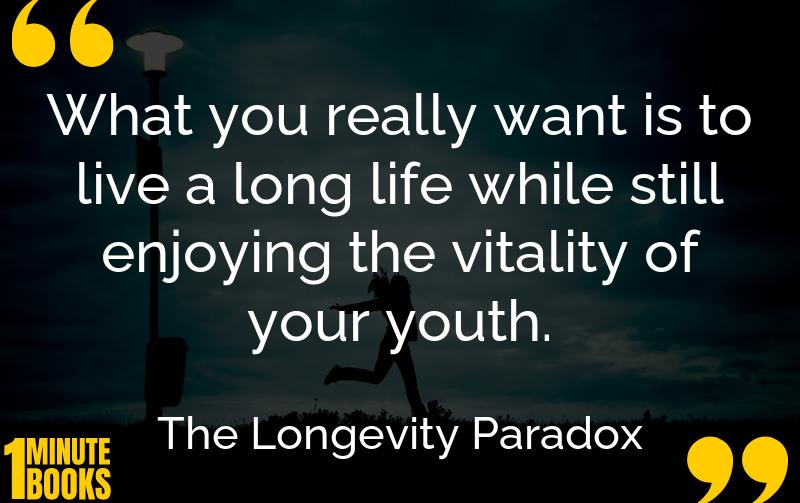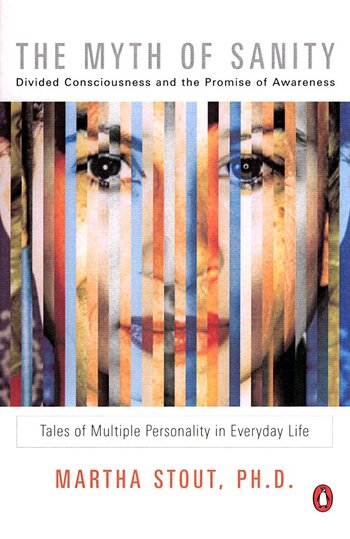
The Longevity Paradox explores how to live a long, healthy life by focusing on gut health, mitochondrial function, and the impact of lifestyle factors on aging.
Main Lessons
- Living longer doesn’t mean living healthier; focus on increasing health span, not just lifespan.
- Gut bacteria play a crucial role in longevity; nourishing good bacteria is essential.
- Prebiotics, like tubers and mushrooms, support beneficial gut bacteria.
- Avoid sugars and certain fruits that bad bacteria thrive on.
- Mitochondria, bacterial descendents, are key to aging well; they convert nutrients into cell energy.
- Iron from meat can disrupt mitochondrial function; nuts are a better protein source.
- The gut wall acts as a barrier; protect it from harmful substances.
- Lectins and excessive NSAIDs can damage the gut wall leading to inflammation.
- Polyamines from foods like leafy greens and nuts strengthen the gut wall.
- Autophagy and hormesis make cells stronger under stress, strengthening gut health.
- Polyphenols in berries and red wine support gut and overall health.
- Moderate exercise and alcohol can be beneficial; too much can be harmful.
- Intermittent fasting enhances mitochondria and reduces inflammation-causing bacteria.
- Olive oil is rich in polyphenols, supporting longevity and gut health.








